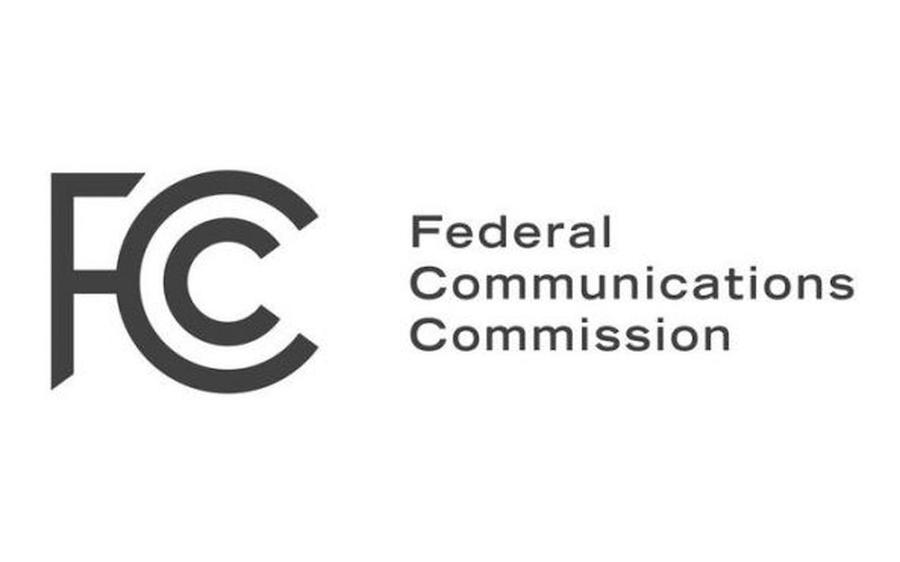The Federal Communications Commission (FCC) has released a Report and Order modifying the requirements for certain exemptions to the Telephone Consumer Protection Act (TCPA). These modifications follow a review of those exemptions first announced in October as a part of the FCC’s efforts to fulfill Section 8 of the TRACED Act. The main thrust of all of these modifications is that they impose limits on the number of calls that can be placed in certain spans of time in order for the caller to make use of the protections afforded by the exemptions.
The exemptions that were modified are as follows:
- Non-commercial calls to a residence: The FCC limits callers making use of this exemption “to three artificial or prerecorded voice calls within any consecutive 30-day period.”
- Commercial calls to a residence that do not include an advertisement or constitute telemarketing: The FCC limits callers making use of this exemption “to three artificial or prerecorded voice calls within any consecutive 30-day period.
- Tax-exempt nonprofit organization calls to a residence: The FCC limits callers making use of this exemption “to three artificial or prerecorded voice calls within any consecutive 30-day period.”
- HIPAA-related calls to a residence: The FCC limits callers making use of this exemption “to one artificial or prerecorded voice call per day up to a maximum of three artificial or prerecorded voice calls per week.”
The FCC notes for all four exemptions that they “also require callers to allow recipients of artificial and prerecorded voice message calls made pursuant to the exemption … to opt out of such calls using either of the mechanisms described in [the] rules.”
It’s also worth noting that these modifications only apply to calls to landline phones. The TCPA’s exemptions for calls to cell phone numbers remain unchanged.
Section 8 of the TRACED Act had mandated that these exemptions be reviewed within a year of the law’s passage. The FCC managed to just barely meet this deadline, releasing the Report and Order on December 30, 2020, the one year anniversary of the law’s passage. These changes should take effect in approximately six months.
